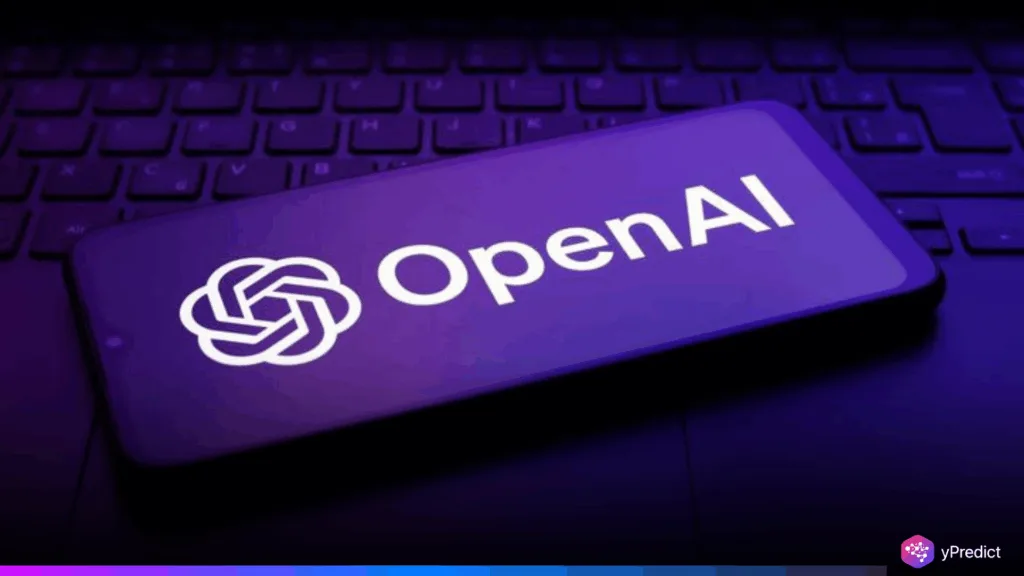
OpenAI is under new scrutiny after the Midas Project submitted a complaint to the IRS claiming that OpenAI is violating nonprofit governance laws. The complaint is based on the fact that Sam Altman, the CEO of OpenAI, is in charge of both OpenAI’s nonprofit organization and its for-profit organization. The complaint says this demonstrates a serious conflict of interest. The claim has merit as a study published in 2021 in the Journal of Nonprofit Management found that 78% of nonprofits with dual structures have governance issues.
The complaint may launch a groundbreaking investigation into how AI companies handle competing obligations to serve the public interest versus obligations to account to business stakeholders. The issue in question is whether OpenAI can still fulfill its nonprofit purpose established in 2015 to ensure safe and ethical AI development as a rapidly growing company pursuing revenue and global growth.
Sam Altman’s Leadership Sparks Governance Debate
Sam Altman remains at the center of the controversy. His simultaneous control over OpenAI’s nonprofit and for-profit branches has raised concerns across both legal and ethical domains. The Midas Project claims this dual structure enables decisions that favor profitability over public good, blurring the line between mission and money.
Some in the industry believe that Altman’s centralized ability to set OpenAI’s strategy, fundraising, and AI research combines control in one individual. The centralized structure is novel, but it undermines the transparency and accountability of the organization that nonprofits rely on. As the calls for AI ethics begin to intensify, the pressure builds on Altman’s leadership style.
ChatGPT Revenue Fuels Transparency Questions
OpenAI’s financial growth has also drawn sharp attention. According to reports, the organization earned $2 billion in revenue in 2024, largely due to the commercial success of ChatGPT. Critics have suggested that profit margins at that level may again violate OpenAI’s original nonprofit charter that promised to pursue a public good outcome rather than a financial return.
This rapid monetization has triggered alarms among watchdog groups. The Midas Project alleges that the drive for ChatGPT revenue has overtaken the platform’s commitment to open research and ethical alignment. They warn that without clear guardrails, AI development could tilt dangerously toward opaque, profit-driven models with limited oversight.
AI Ethics Crisis Grows Amid Global Regulation
The OpenAI case emerges at a time when global scrutiny of AI ethics is already peaking. A recent Frontiers journal article revealed that 65% of AI systems lack transparent decision-making mechanisms, adding to the urgency for regulatory intervention. OpenAI’s current structure now appears out of sync with rising global standards.
The European Union’s AI Act is in force, having been passed in late 2023, and has already begun to move companies to a higher degree of accountability. From this perspective, OpenAI’s governance model seems somewhat concerning. Critics argue it allows for tax benefits and to appropriate public trust without any real regulatory scrutiny by having a nonprofit wing as well as a for-profit wing with huge financial returns.
Legal Fallout Could Set New Precedents for AI Governance
If the IRS instigates a thorough review as a result of the Midas Project’s complaint, it may change how AI organizations think about their governance and business flow. Legal experts think the case could act as a perennial test case for AI governance across the sector.
The conclusion may put to rest other hybrid organizations who are reasoning with nonprofit purpose and commercial objectives. As the capabilities of AI move quickly, it has become clearer that the space between ethics and revenue is growing larger. The Midas Project’s complaint may be the tipping point that demands real accountability in how AI leaders operate, fund, and govern their technologies.






